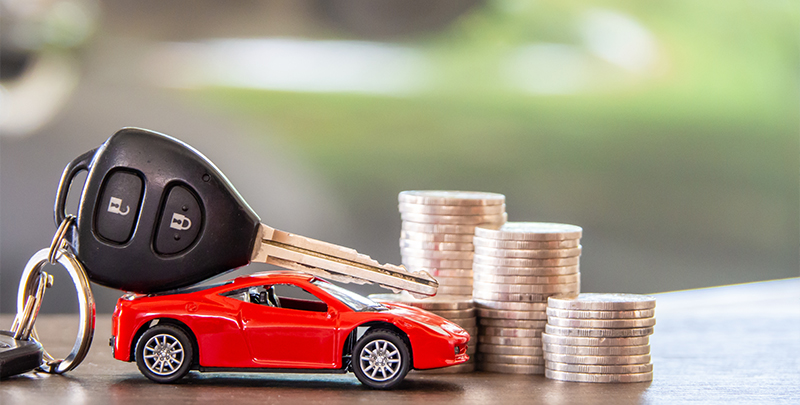Can the right car loan help you save hundreds or even thousands of dollars? When shopping for a car, most people focus on the price of the vehicle. However, the type of car loan you choose can greatly impact how much you pay in the long run. Whether you’re buying a new or used vehicle, it’s important to understand how loan types work, especially when comparing auto loan rates. Picking between a fixed or variable loan isn’t just about preference but also smart money choices. So, which one truly saves you more? Let’s break it down in simple terms.
What is a Fixed Car Loan, and Why Do So Many People Choose It?
A fixed car loan means the interest rate stays unchanged during the loan period. If you get a 5% interest rate loan for five years, that rate won’t change, no matter what happens in the market. This makes budgeting easier because your monthly payment stays consistent. You always know what to expect.
People like fixed loans because they offer a sense of stability. If you’re someone who doesn’t like financial surprises or risks, this might be the safer bet. Even if interest rates go up in the future, your rate won’t budge. This can save you money over time, especially if rates rise. On the flip side, if interest rates drop, you won’t benefit from the lower rate—you’ll stay locked into the one you started with.
Understanding Variable Car Loans and How They Work
A variable car loan is a little different. The interest rate can go up or down depending on market conditions. These loans often start with a lower rate than fixed loans, which might initially seem like a great deal. But there’s a catch: if interest rates increase, so will your monthly payment.
This kind of loan is better suited for someone okay with taking a bit of a risk. If interest rates stay low or drop, you could pay less overall. But if they rise, your payments could climb fast. It’s like a rollercoaster: you might enjoy the ride, or you might end up paying more than you expected.
Comparing the Long-Term Cost of Each Option
Here’s where the decision matters. A fixed loan gives you peace of mind and predictability. You can plan your budget better, and you’re protected from future market increases. A variable loan, on the other hand, might start cheaper but could cost more over time if rates go up.
This is why it’s so important to not just the starting rates but also consider how changes in the market could impact your payments. According to recent trends in auto loan rates, fixed rates are currently quite competitive, making them a smart choice for many people.
Which Type of Loan is Right for You?
Choosing between fixed and variable loans depends on your comfort with risk and how long you plan to keep the car. If you’re keeping it long-term and want steady payments, fixed might be the better pick. If you plan to sell or refinance the car within a couple of years and think rates will stay low, a variable loan might make more sense.
Refijet offers tools and guidance to help everyday drivers make smart financial choices. TransparencyTransparent and helpful support makes it easier to understand your options, whether you’re leaning toward fixed or variable. Their team helps break down loan terms and compare payment scenarios so you can pick the best option for your wallet.
Read also – gomyfinance invest


